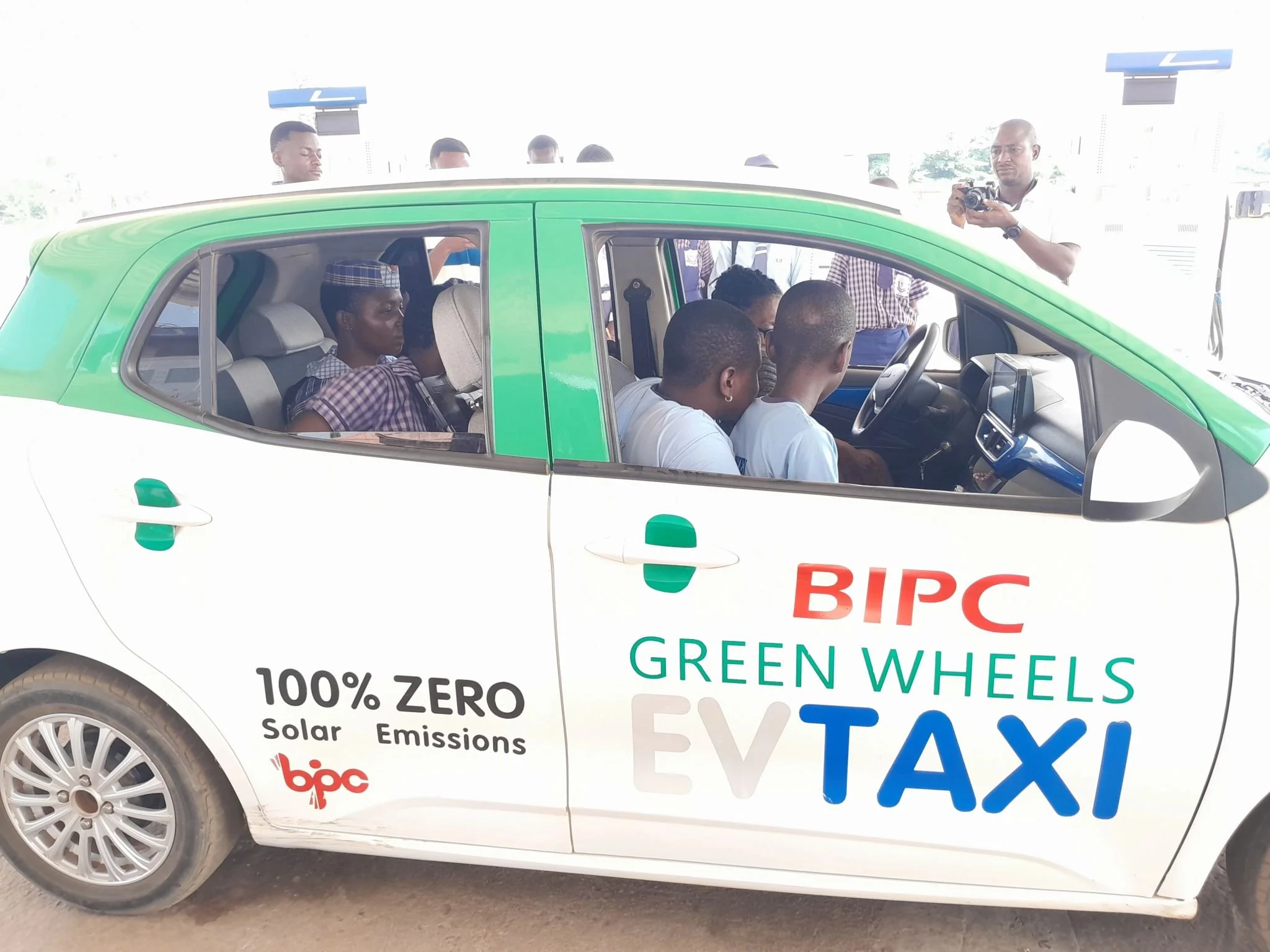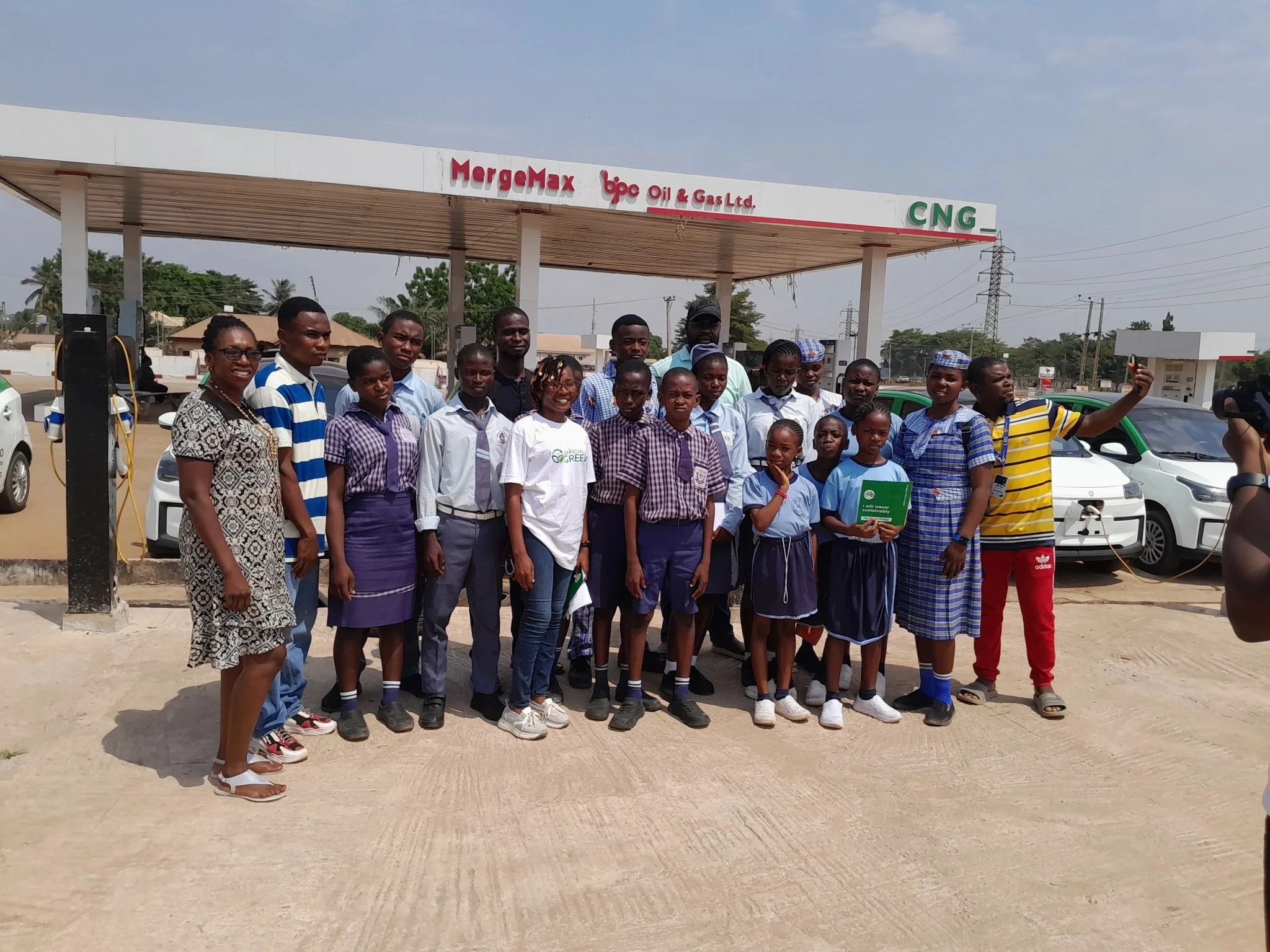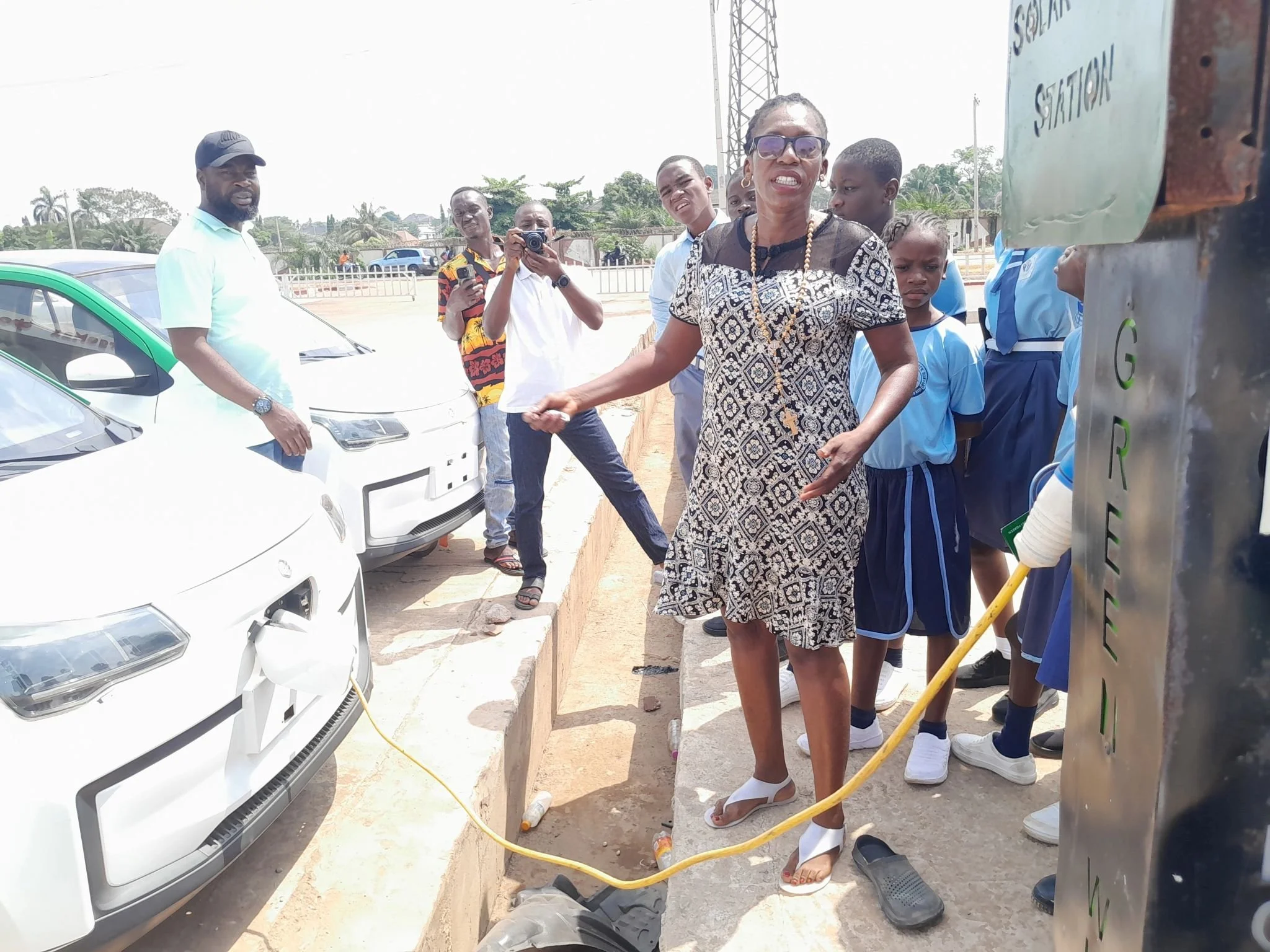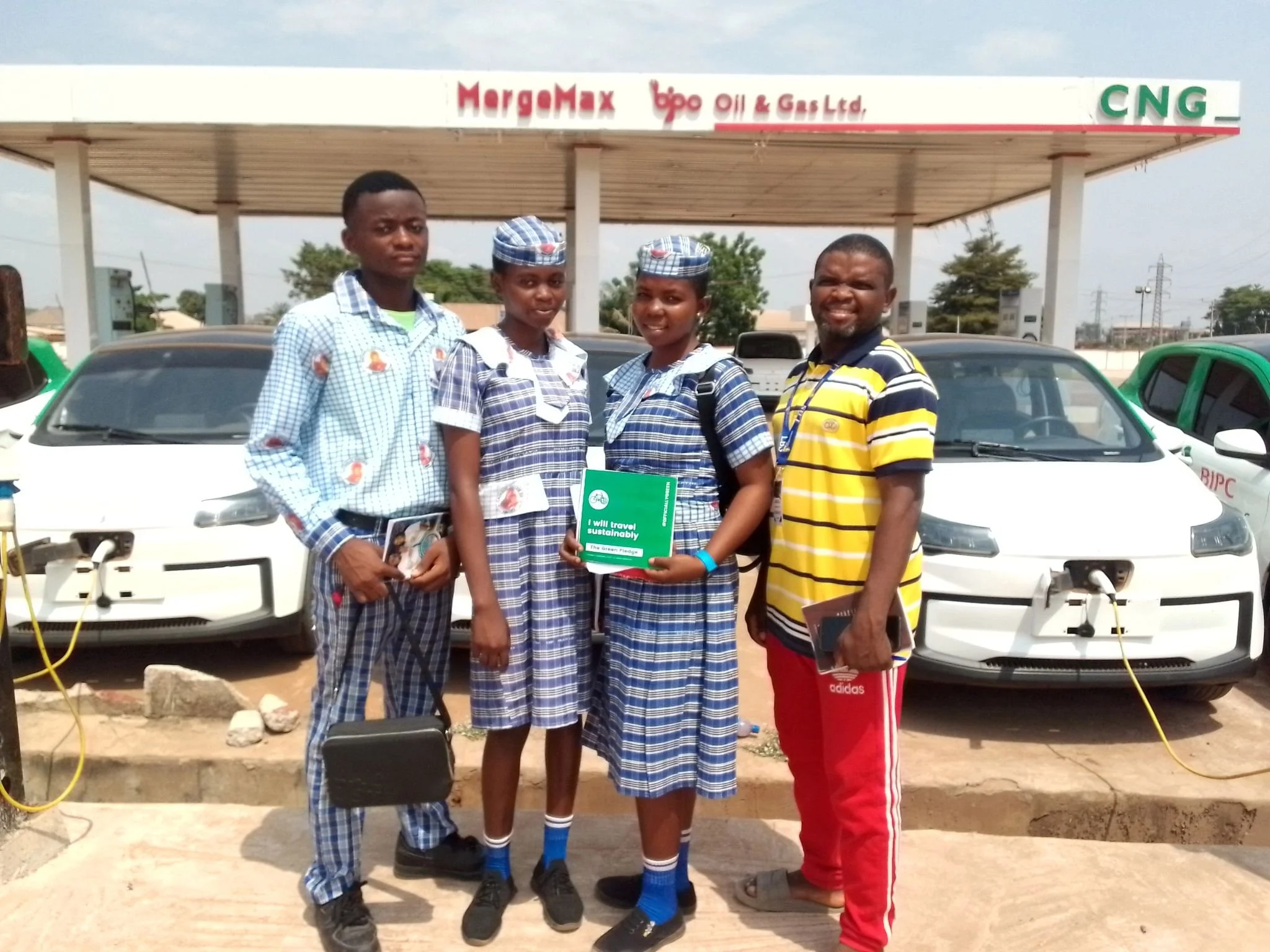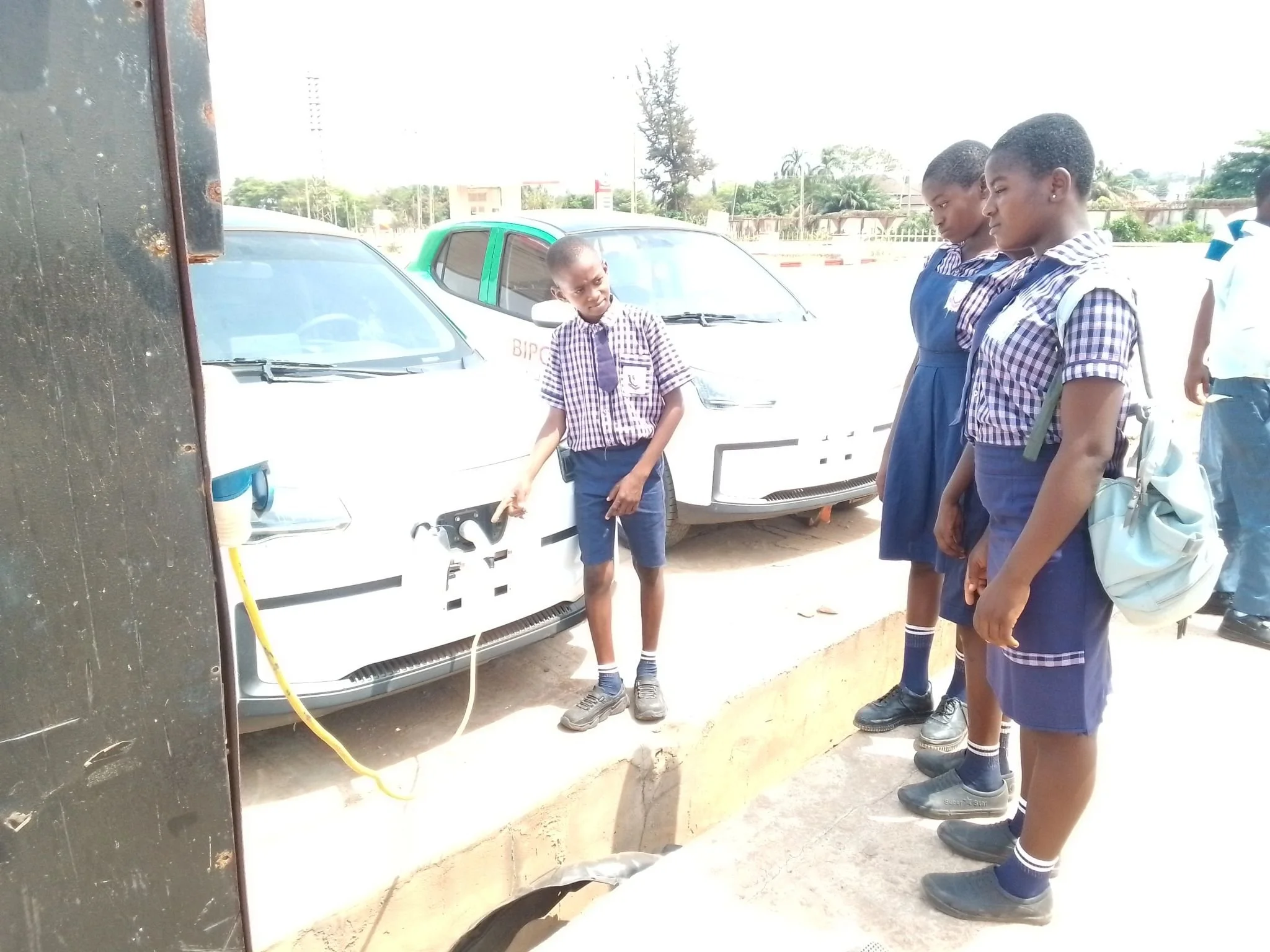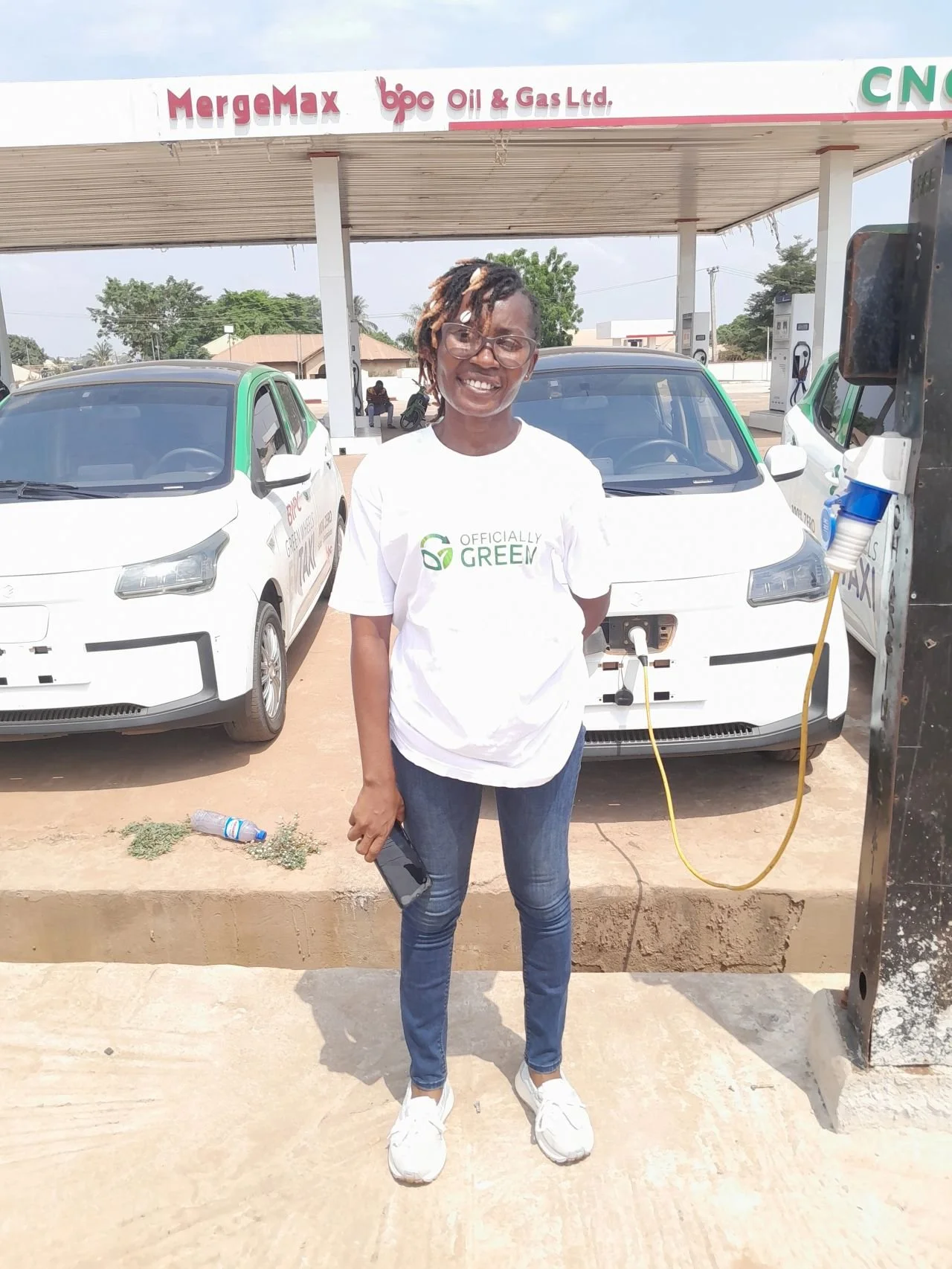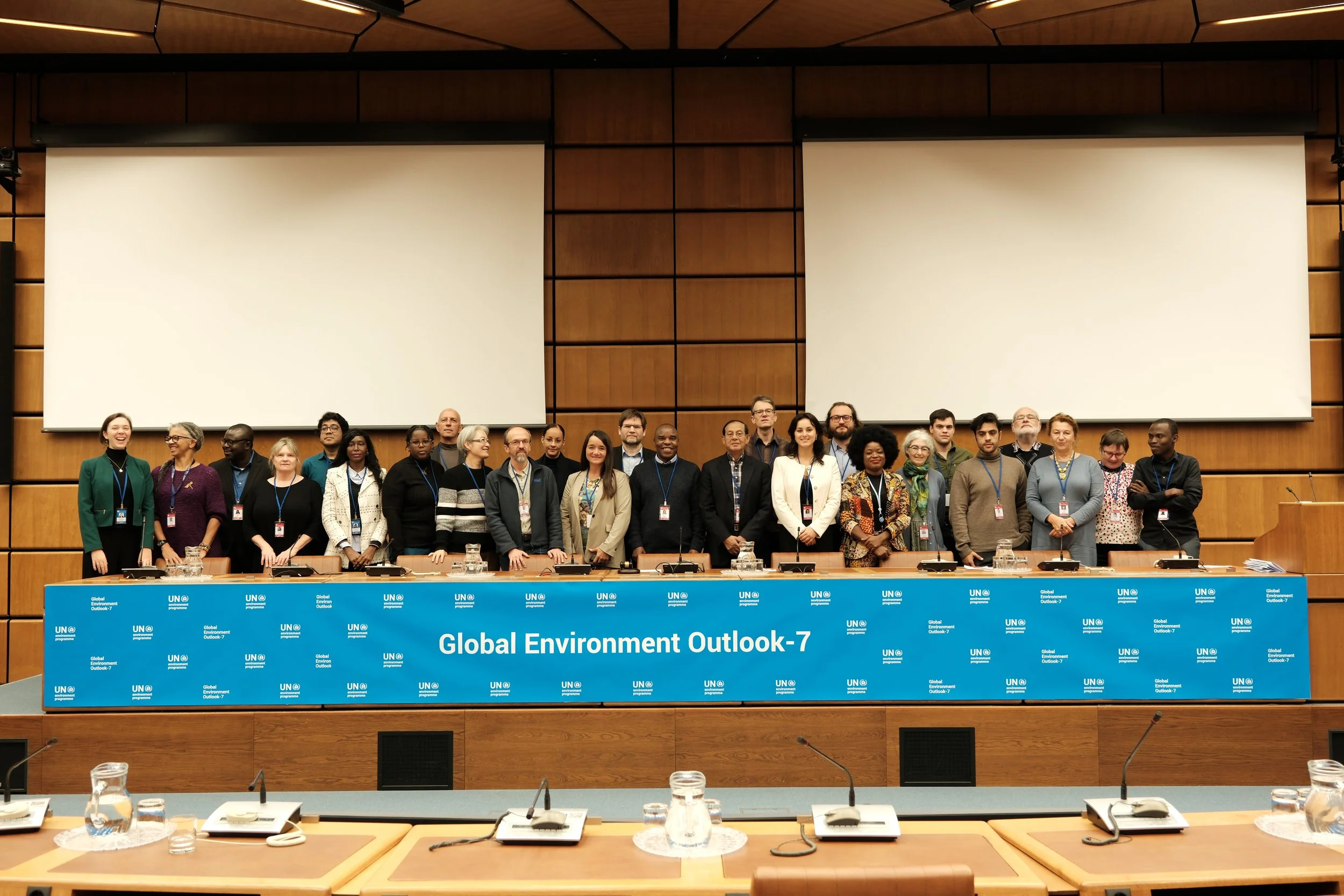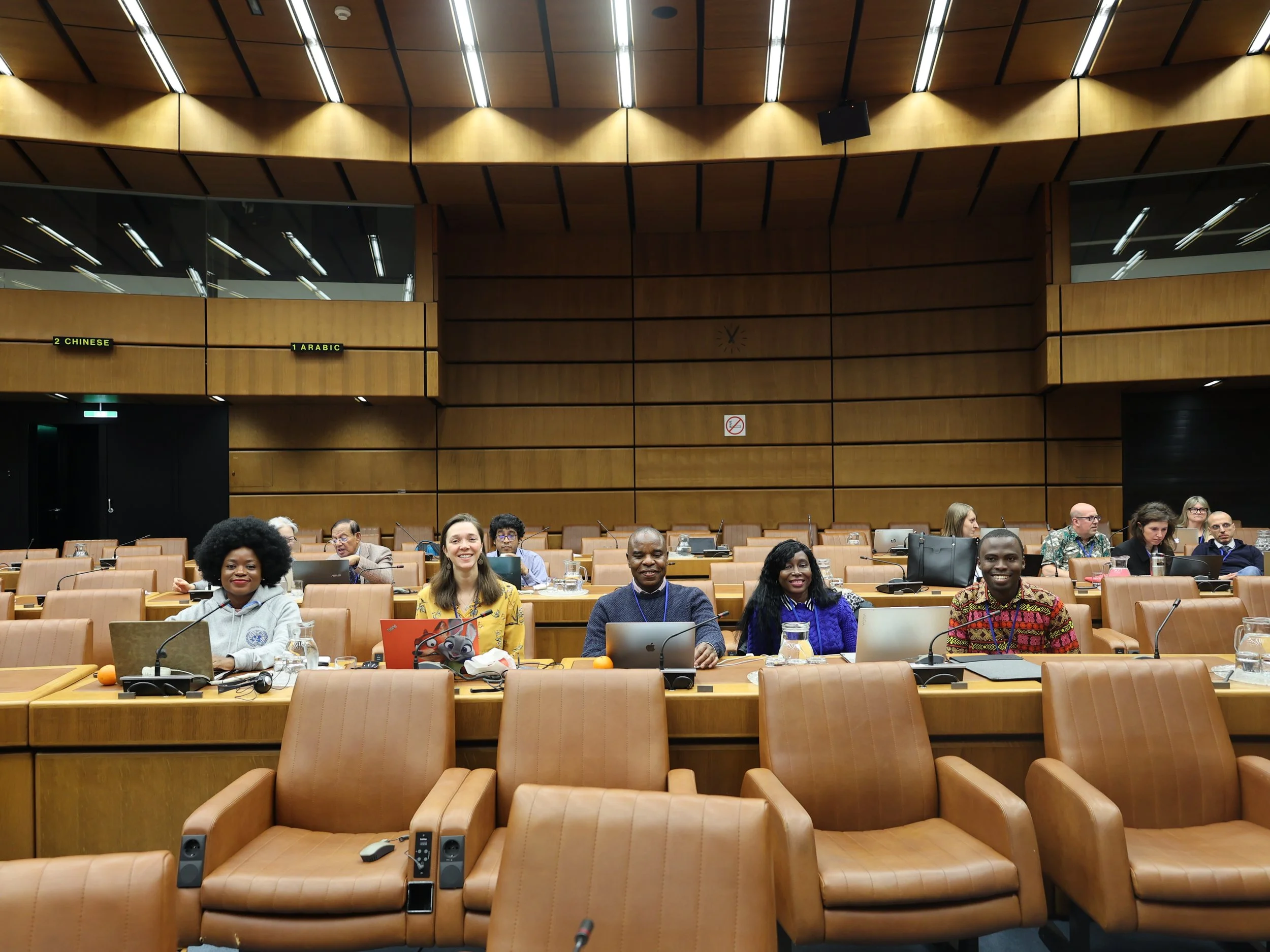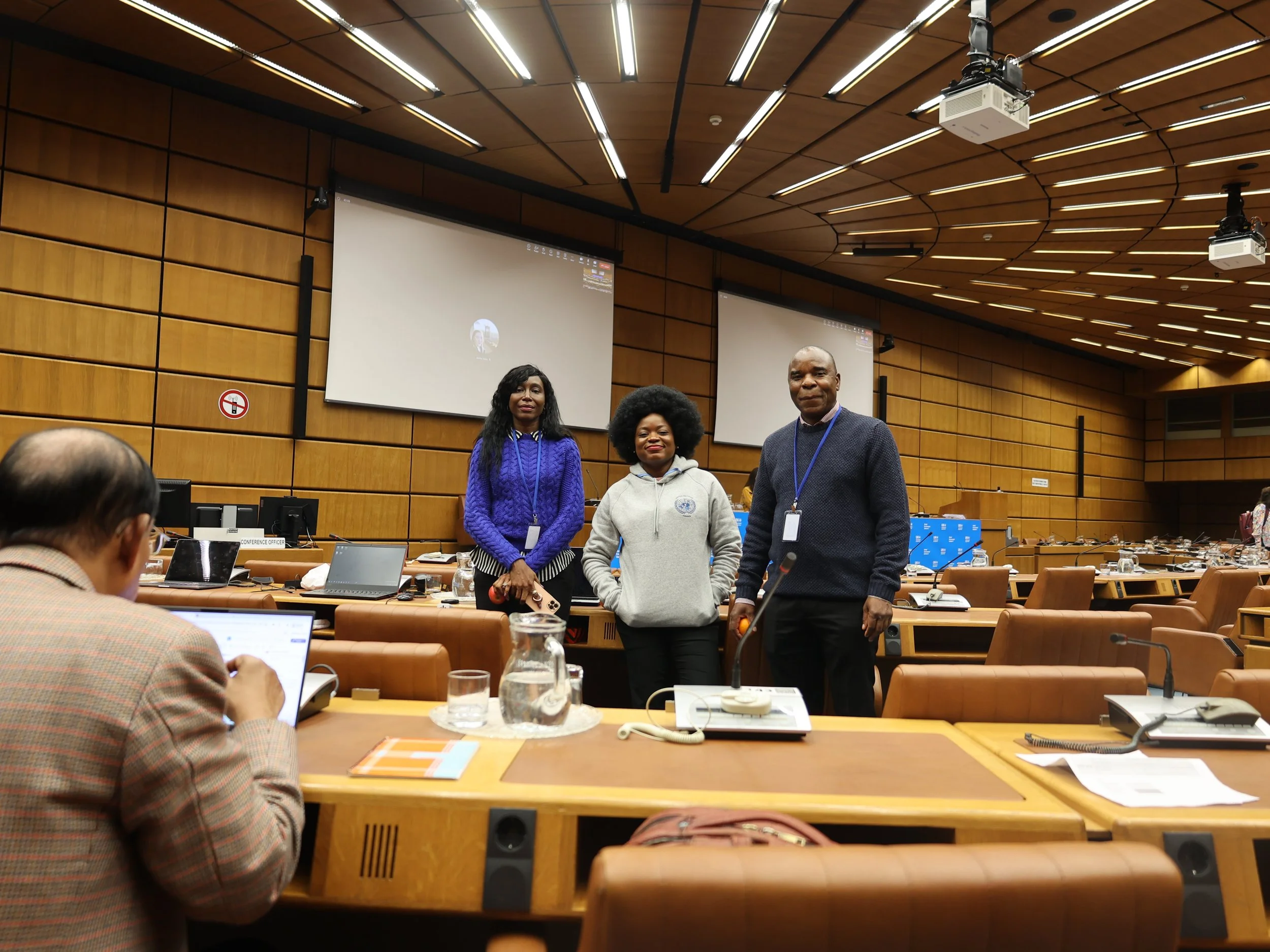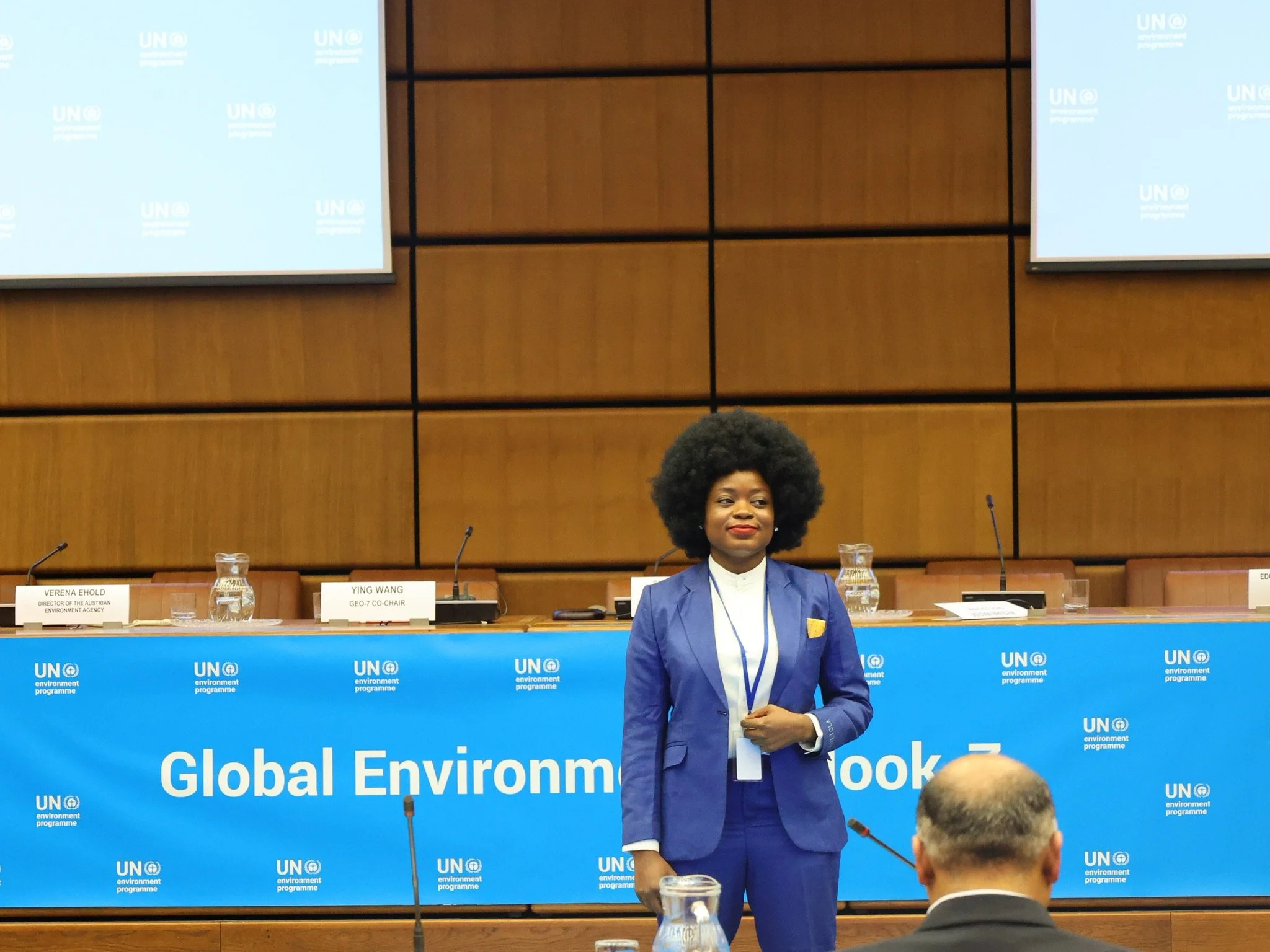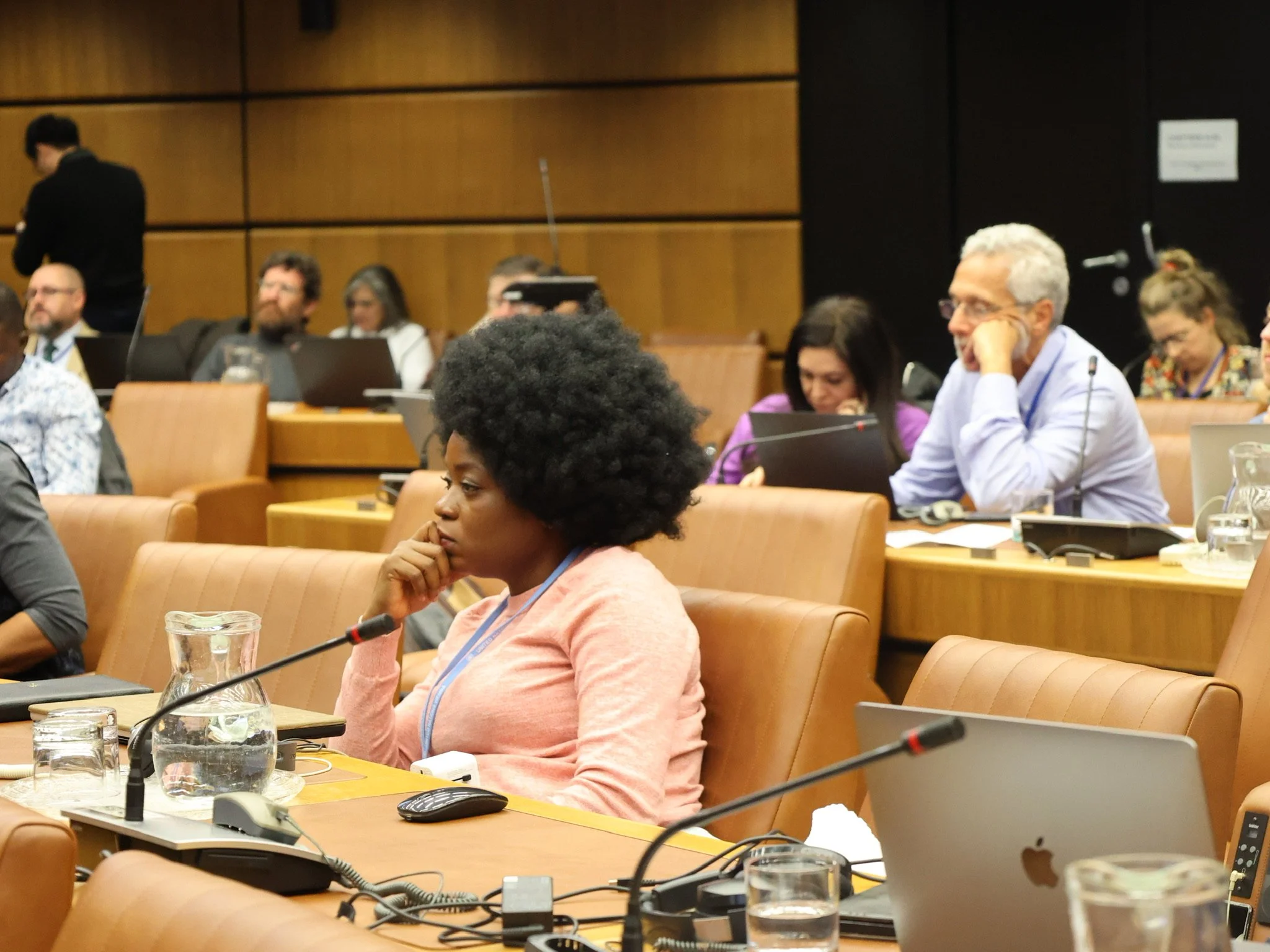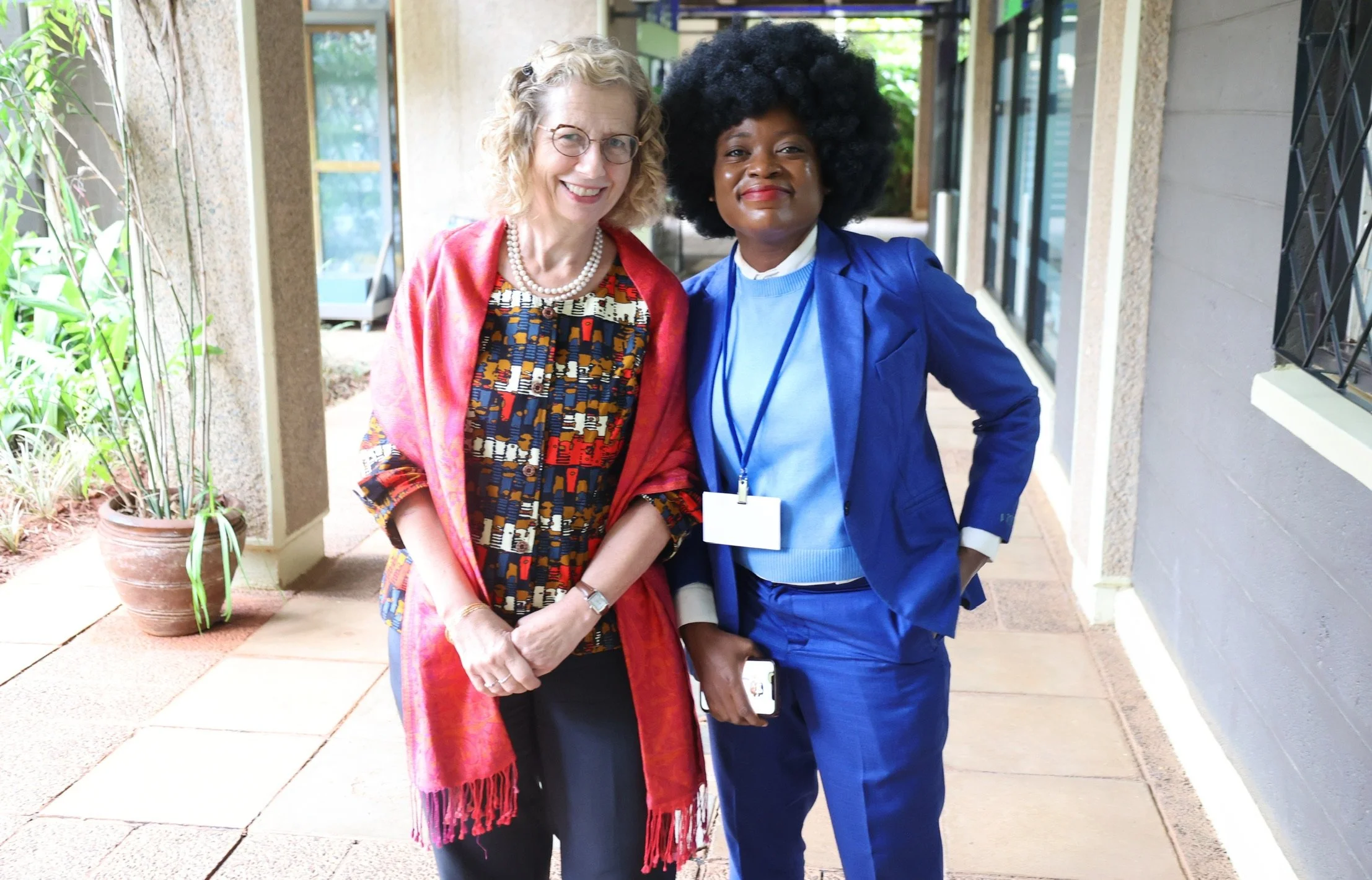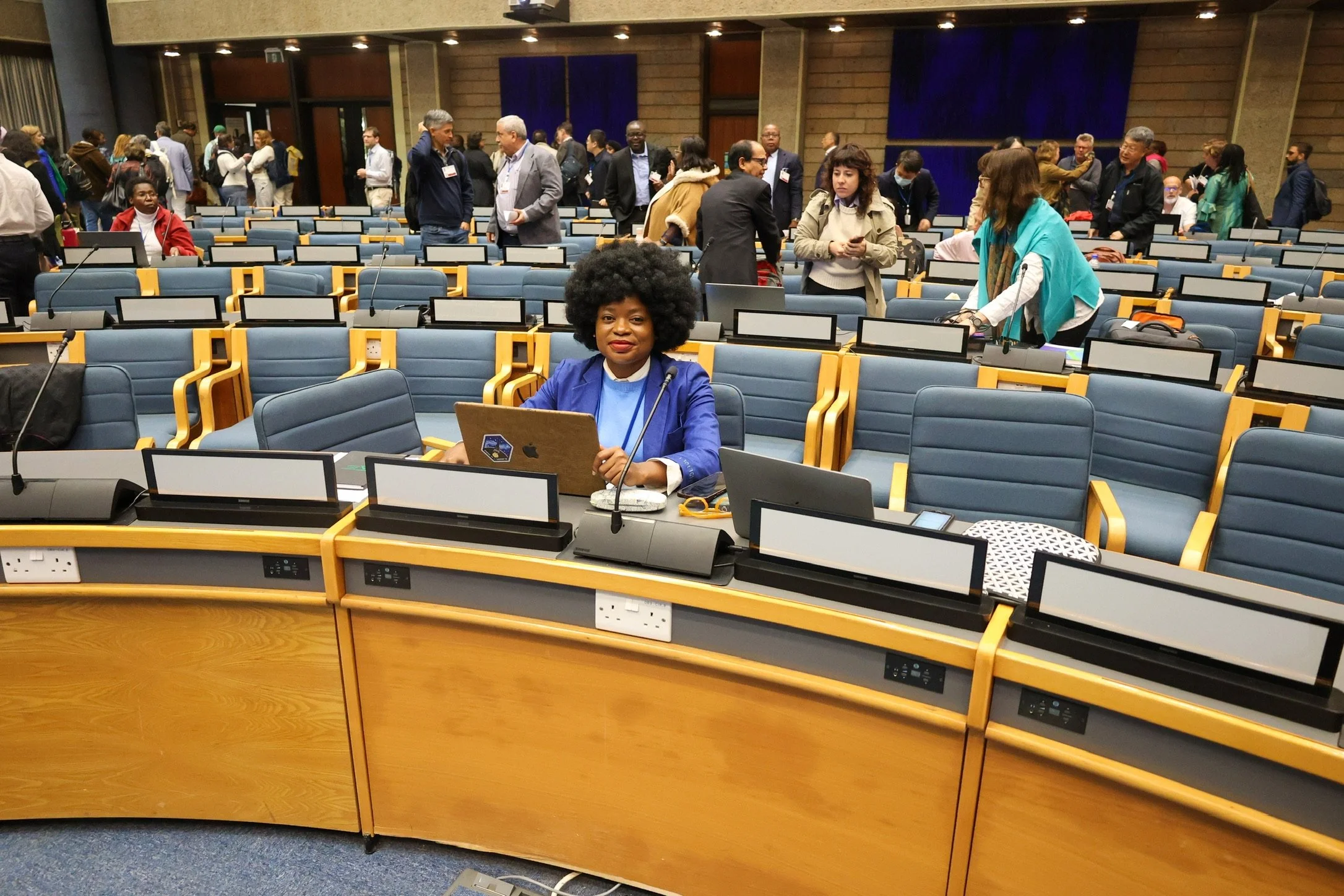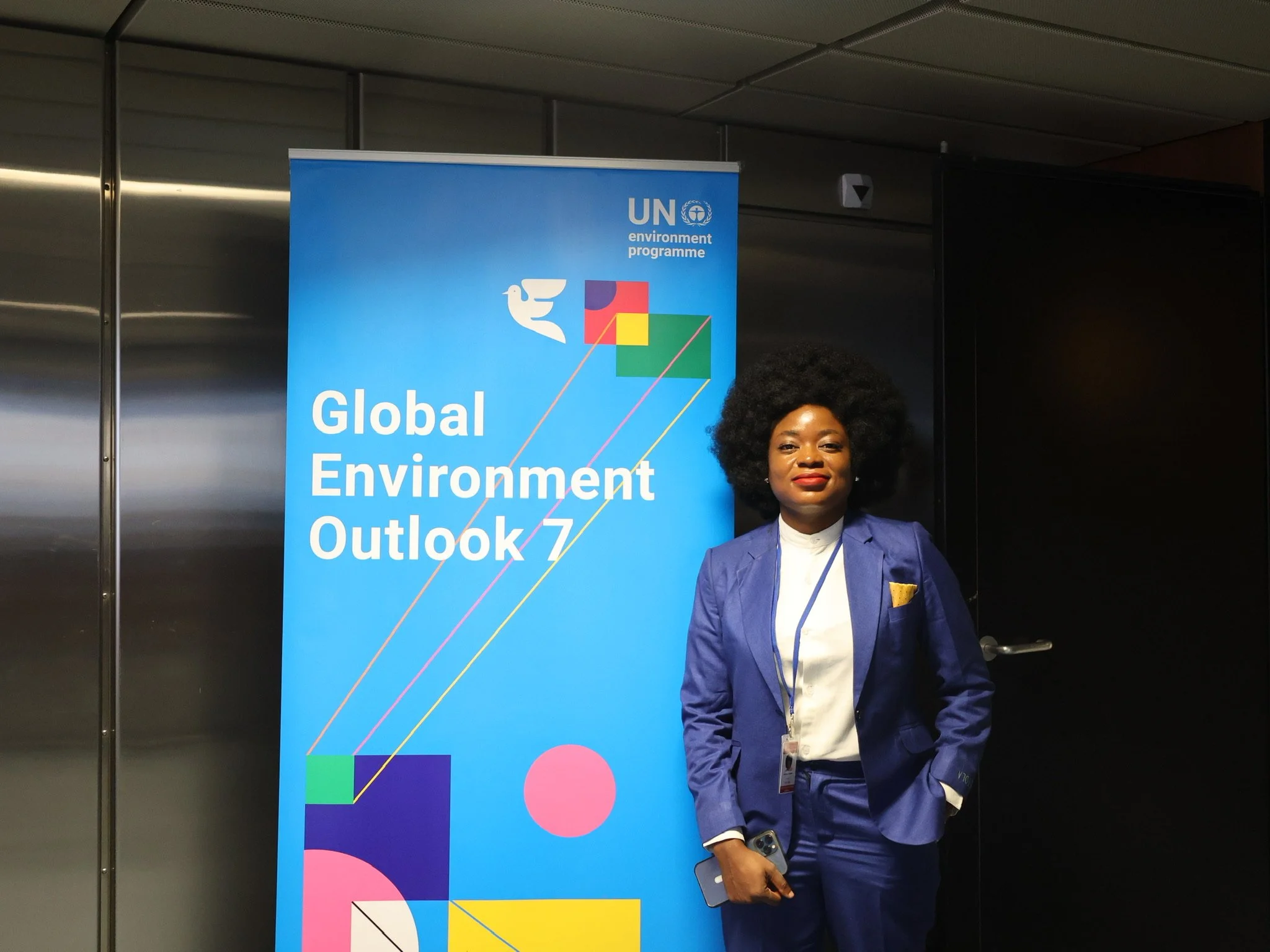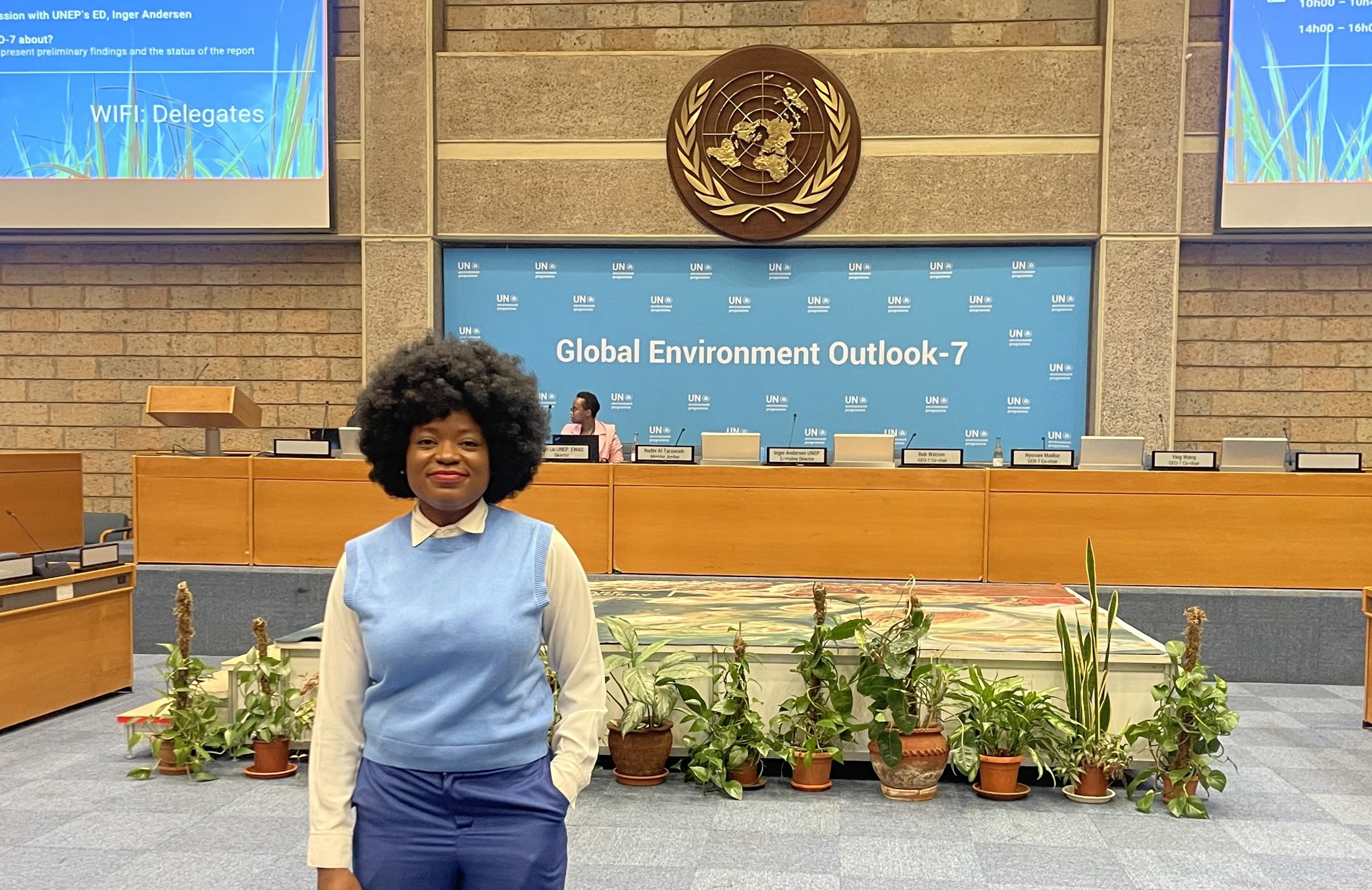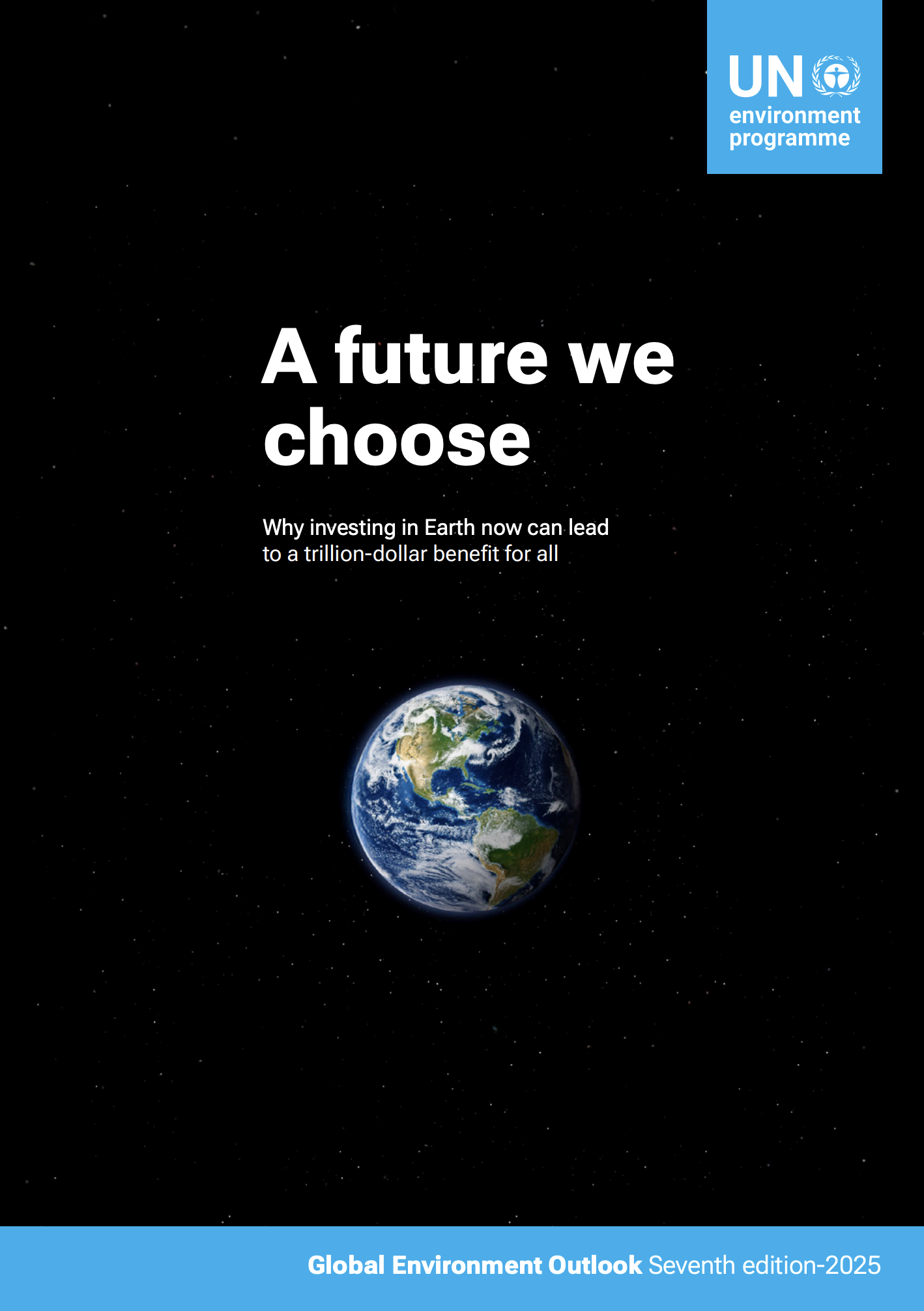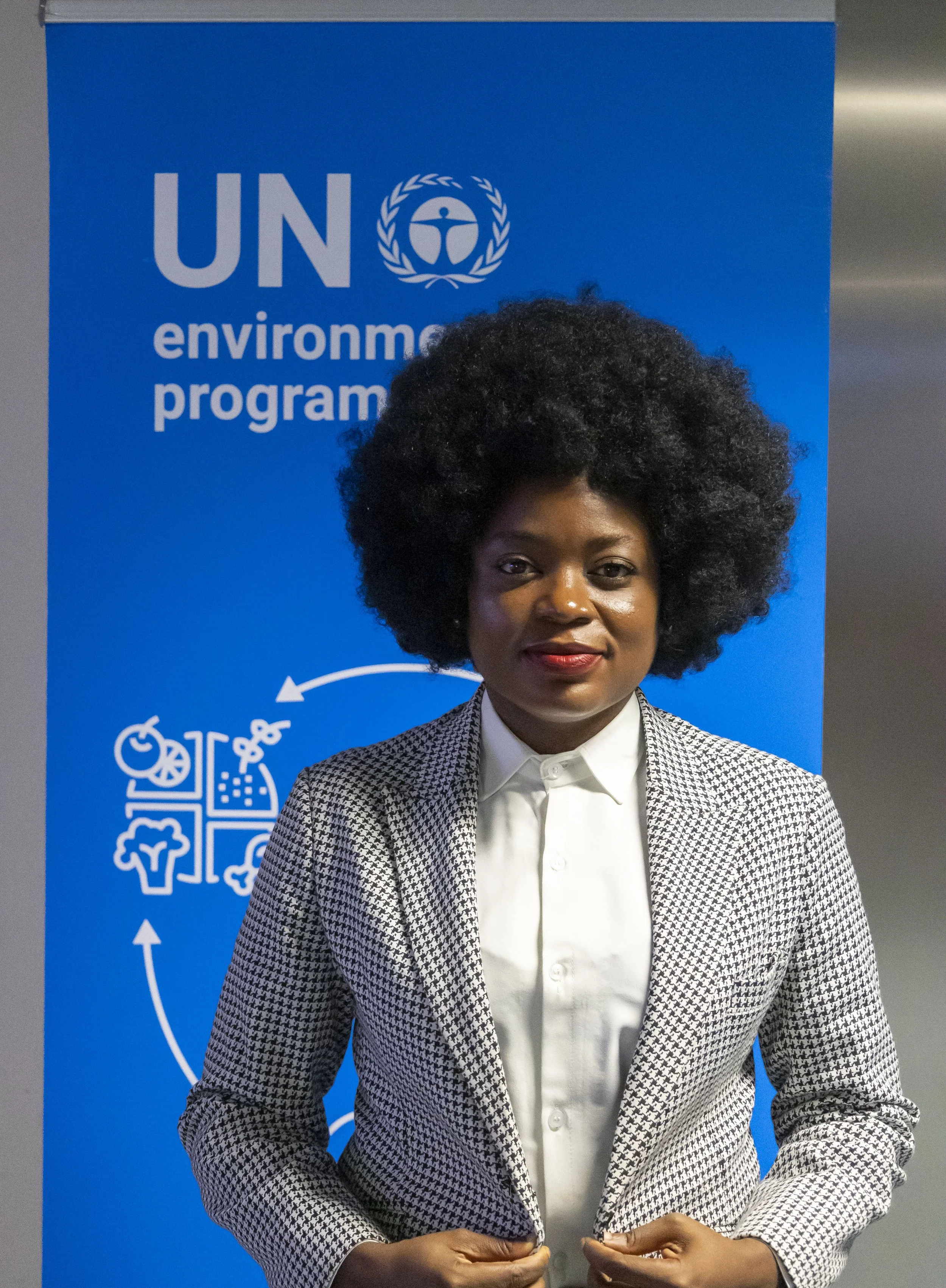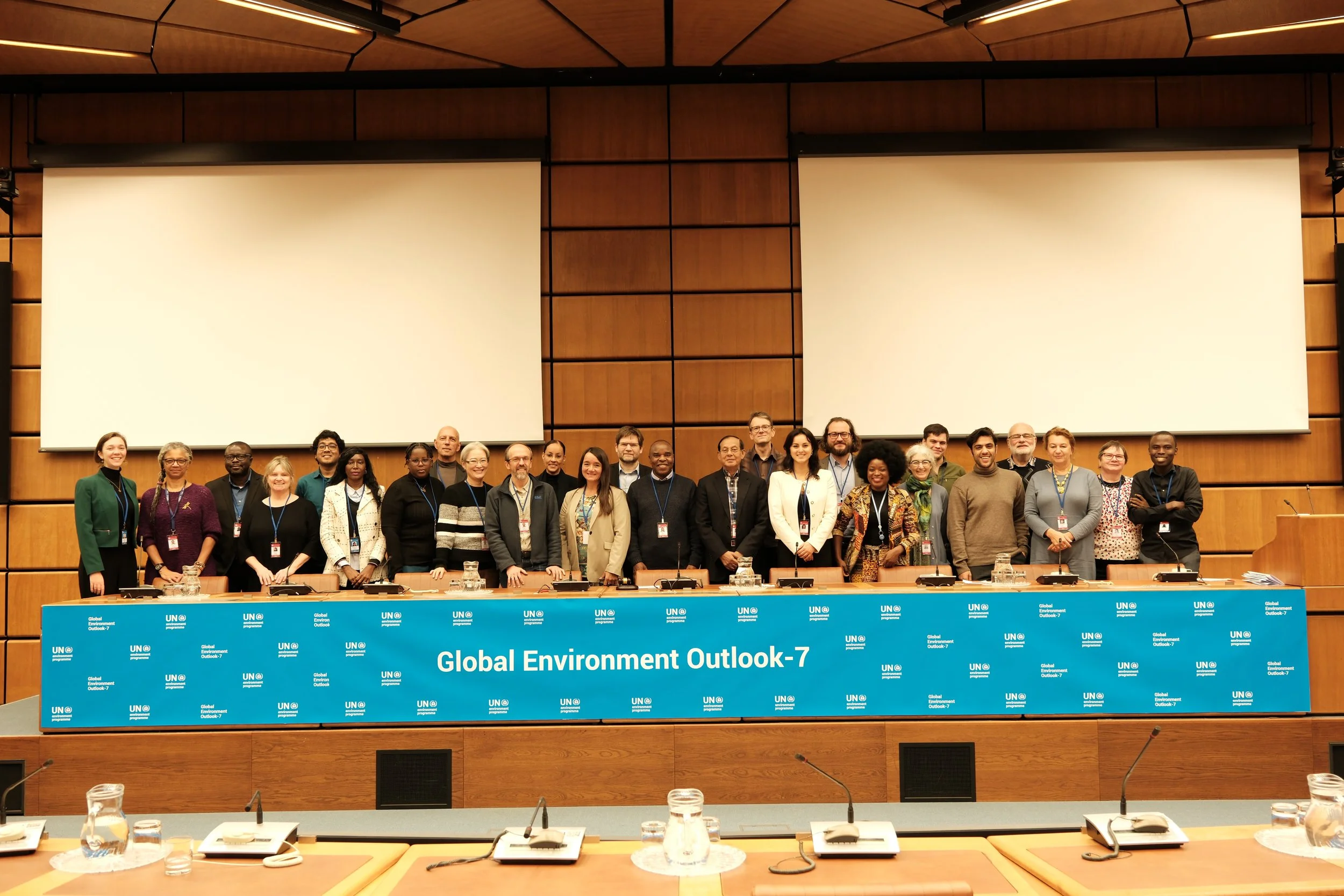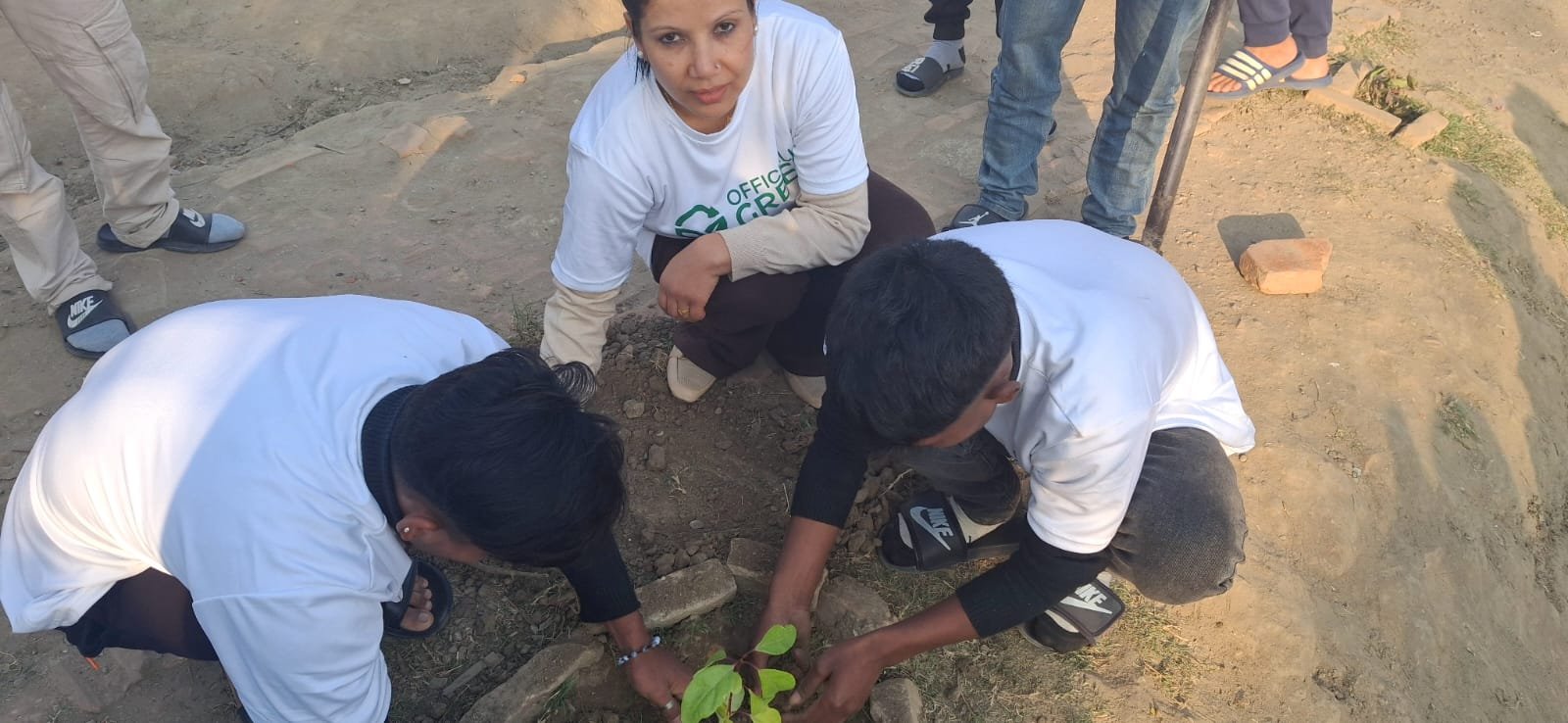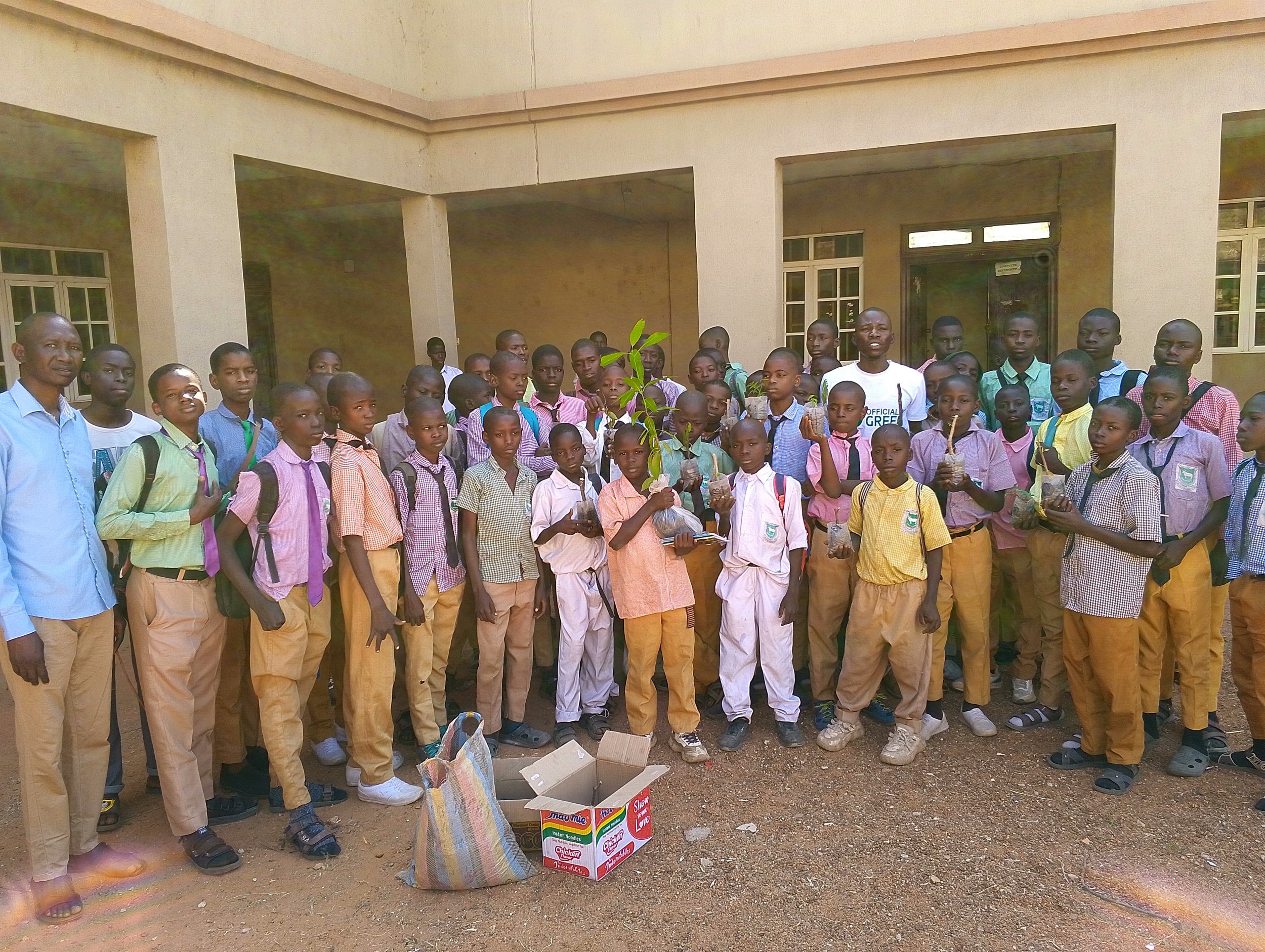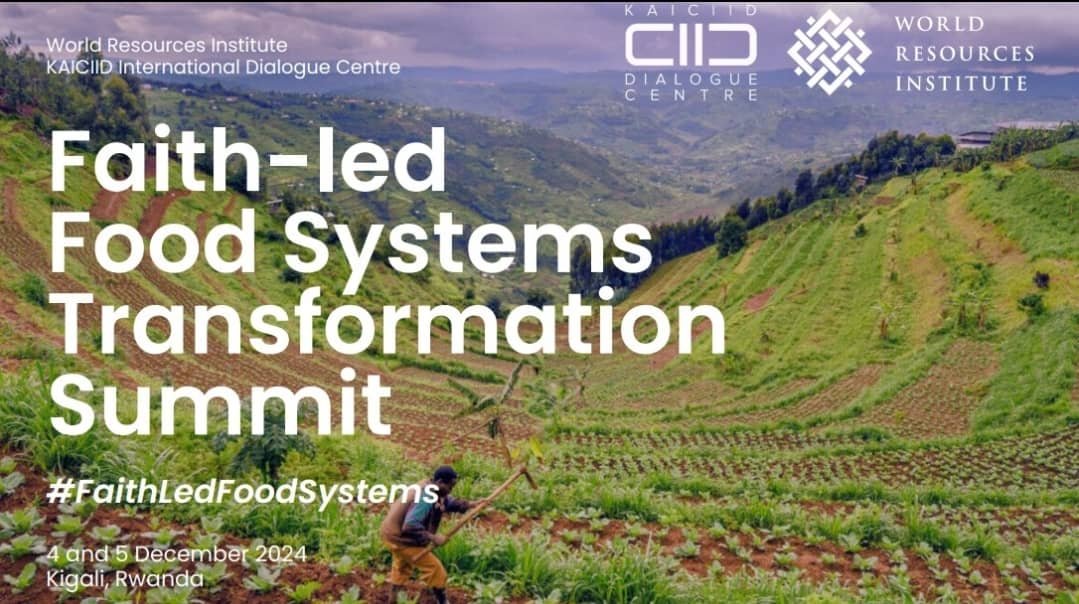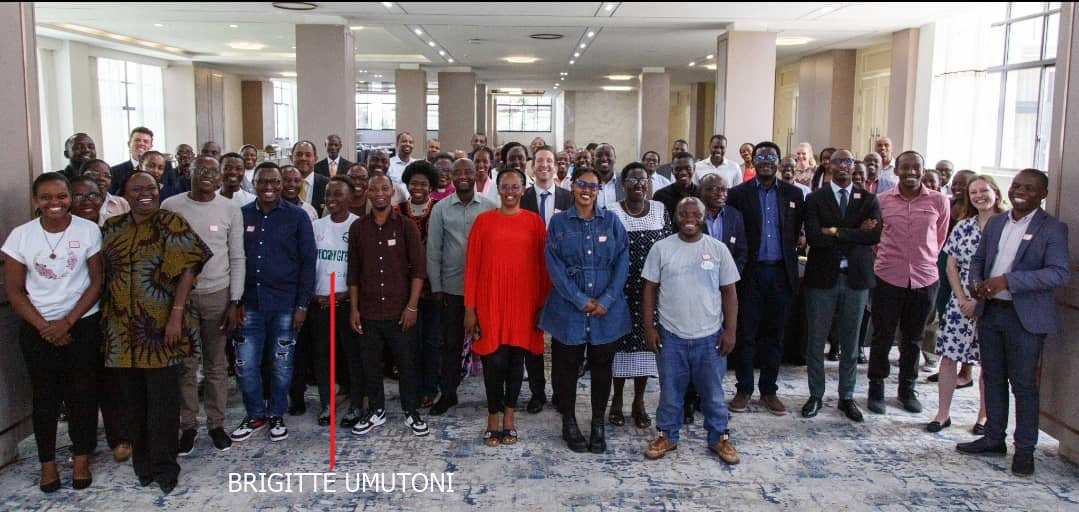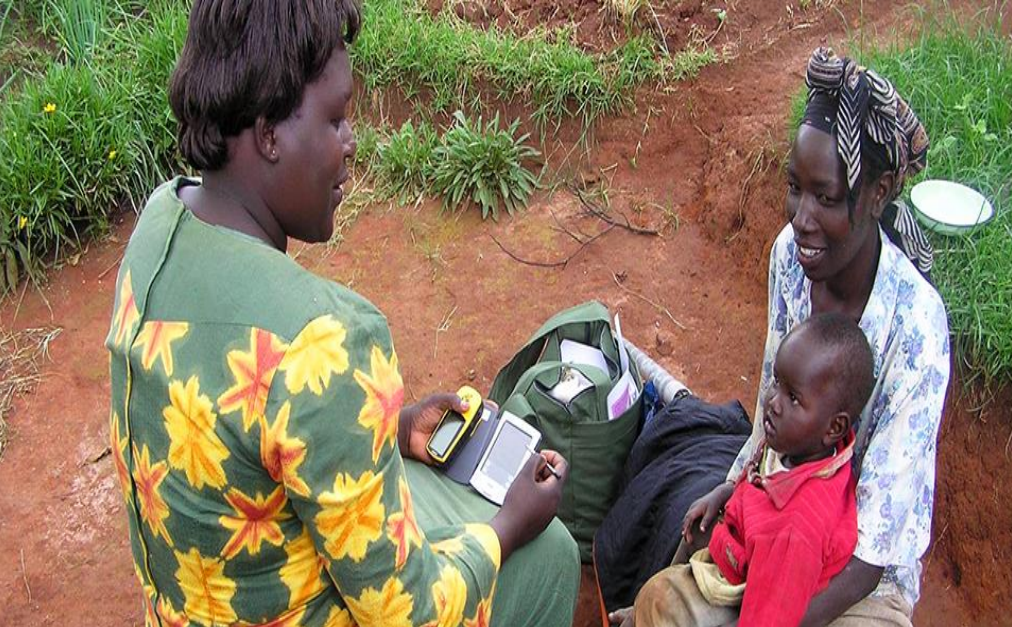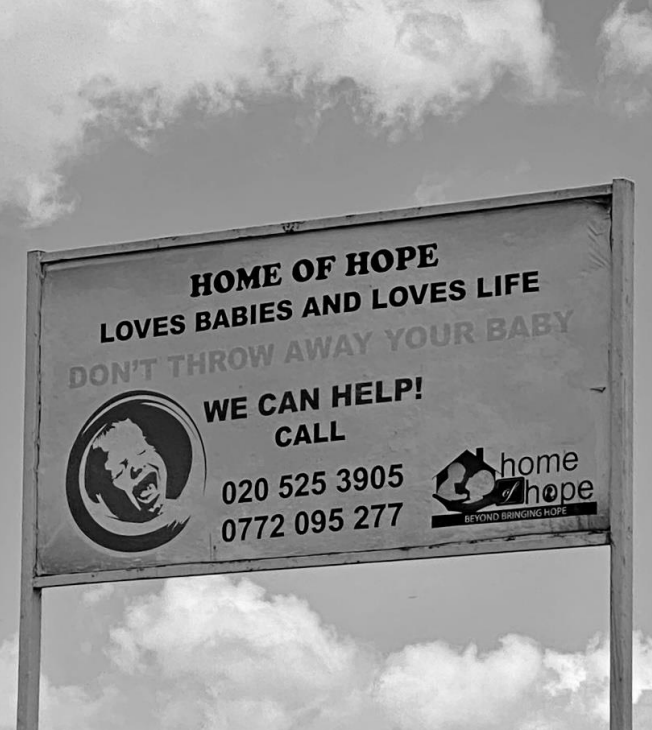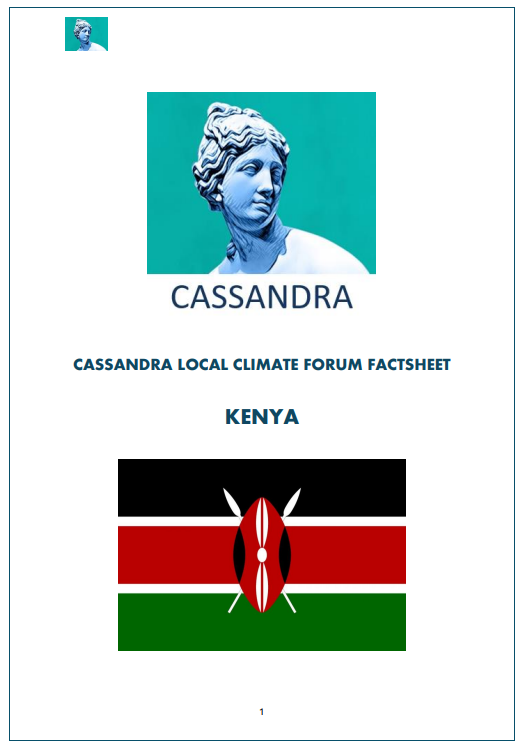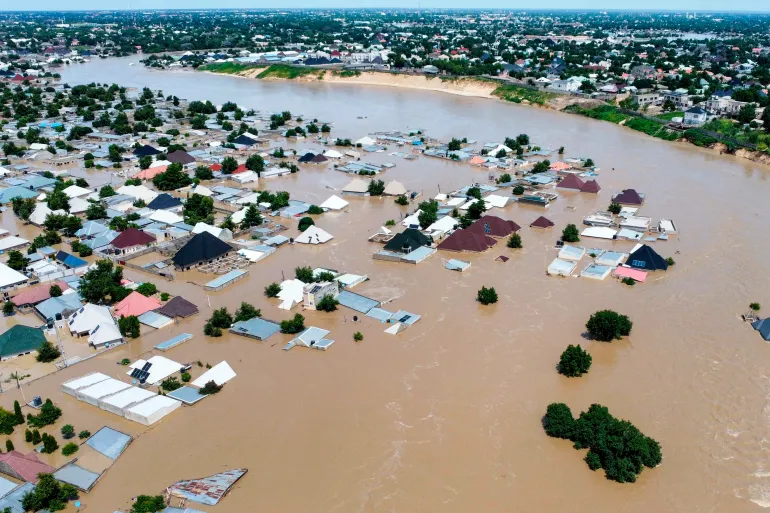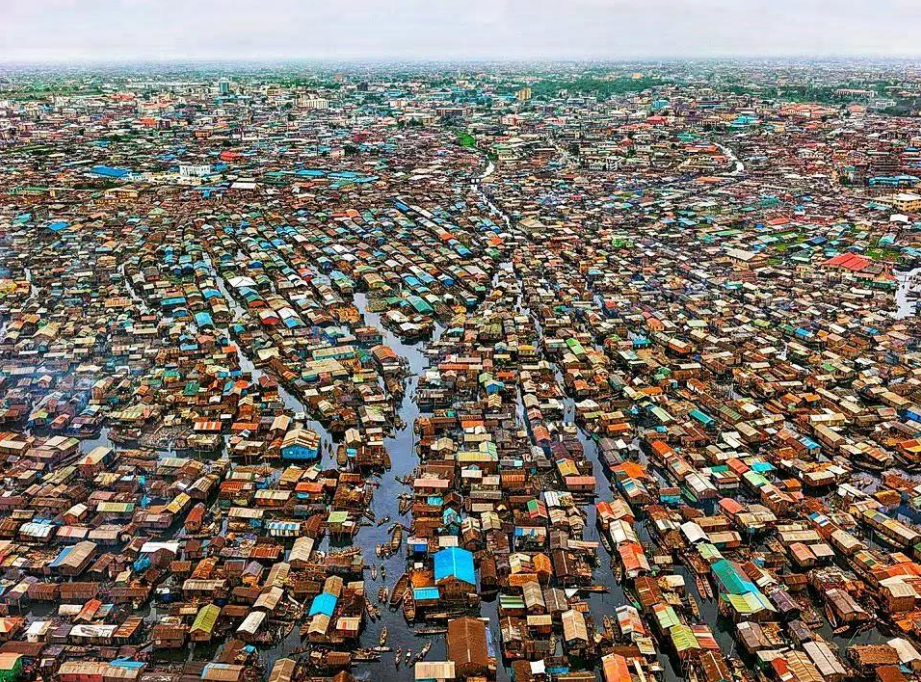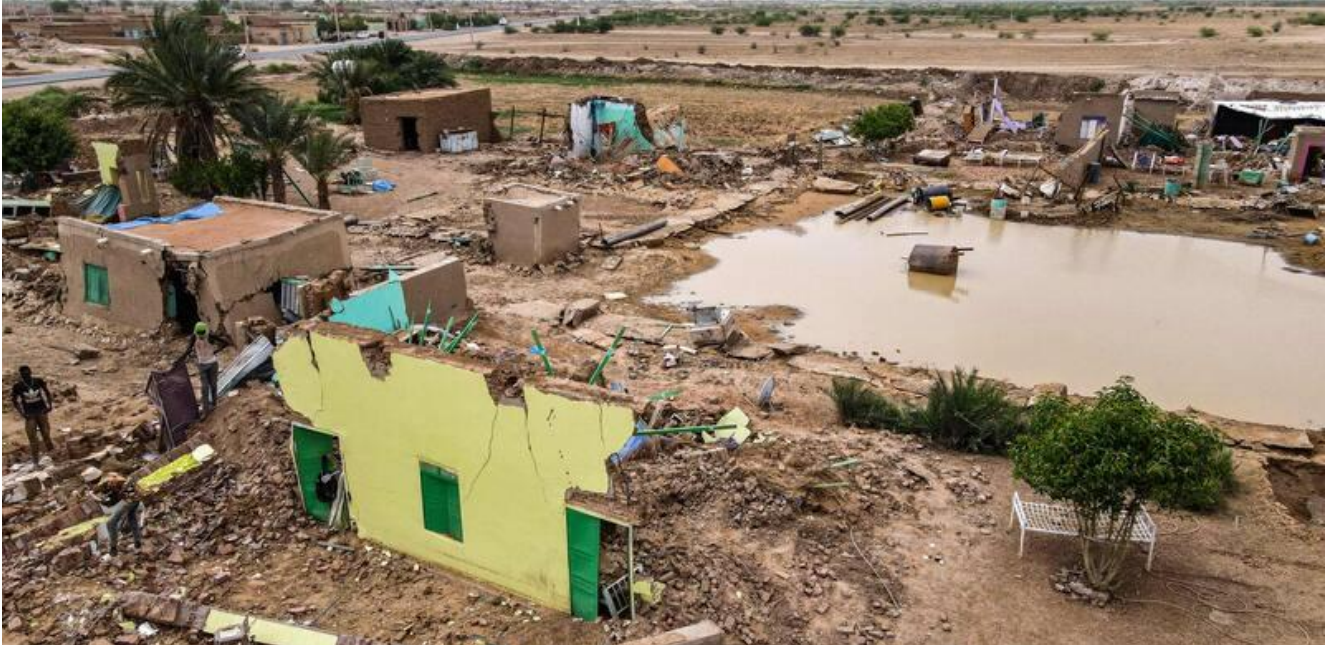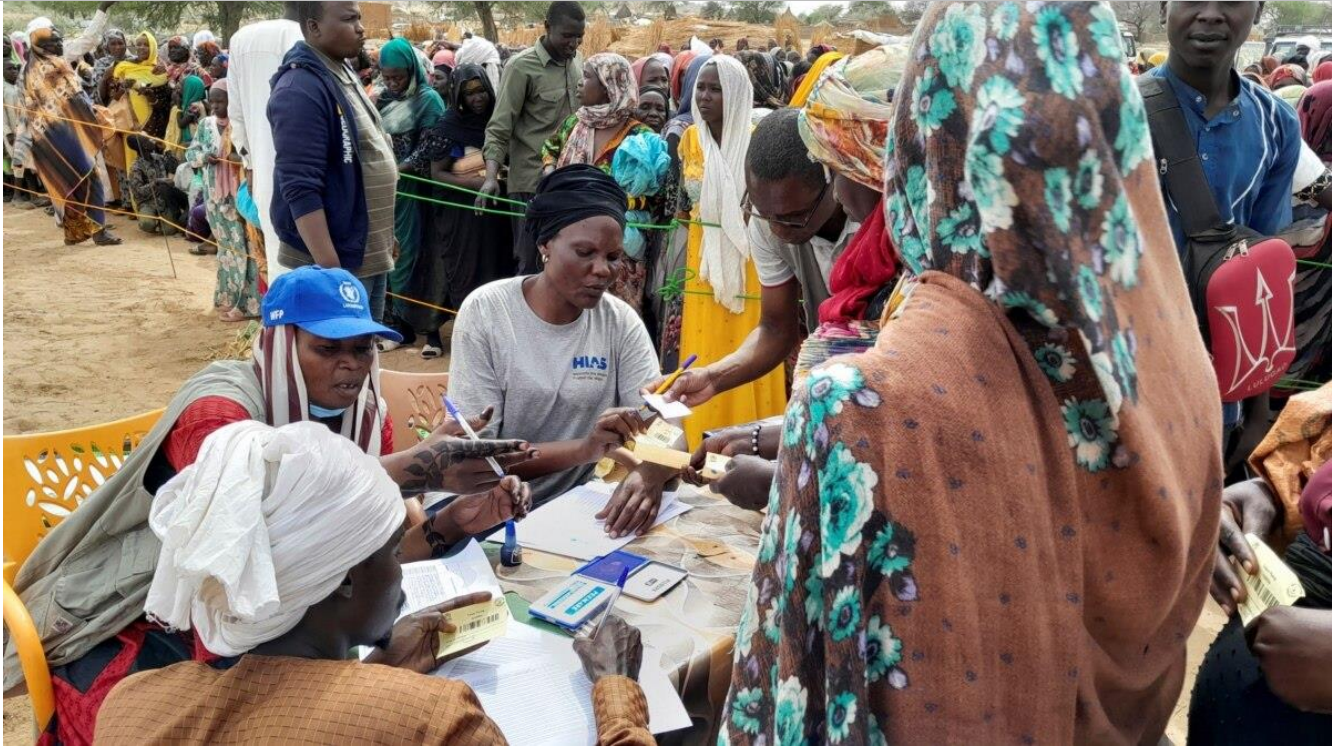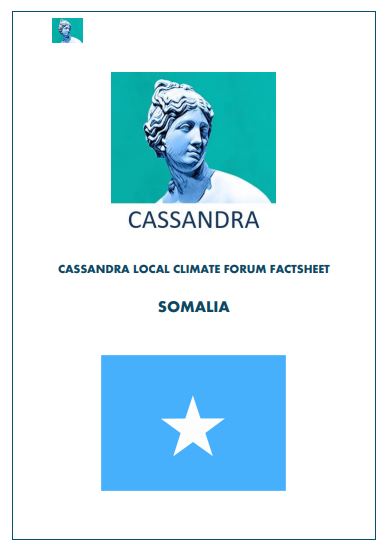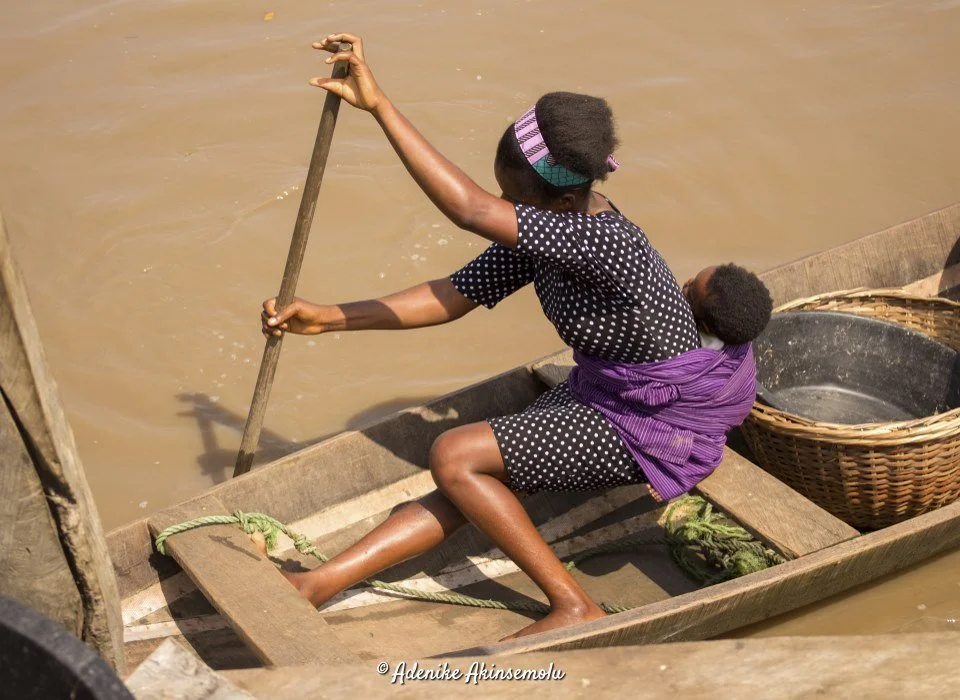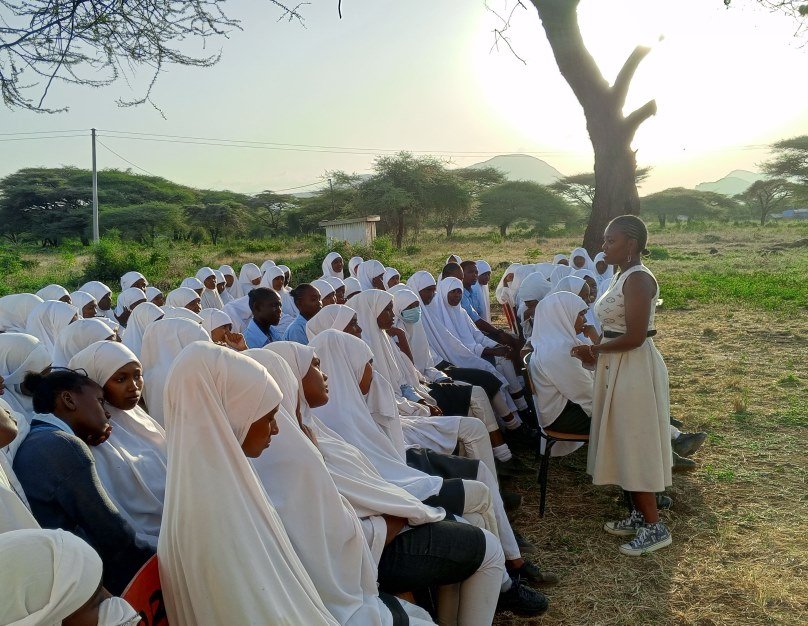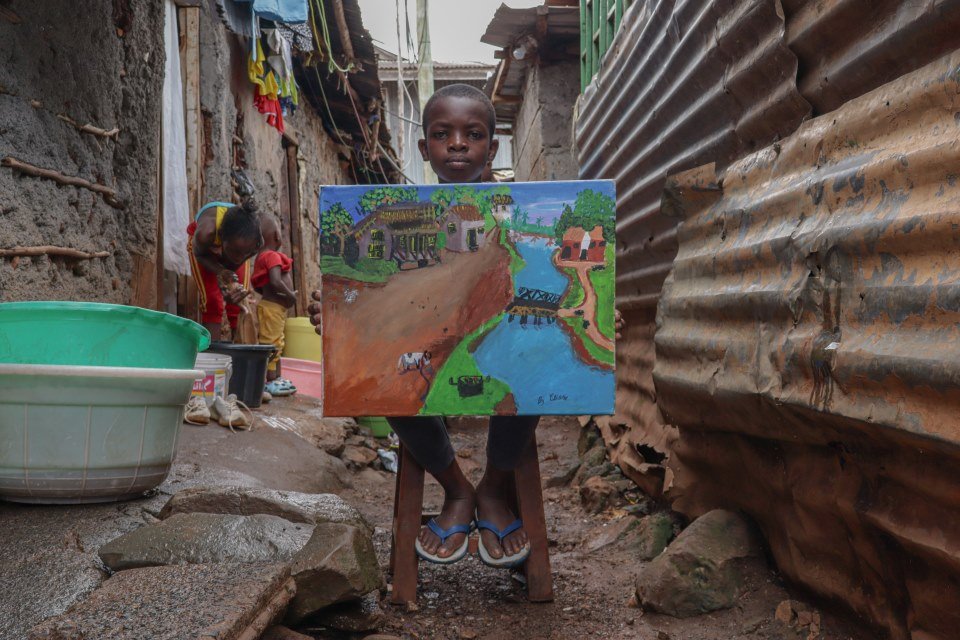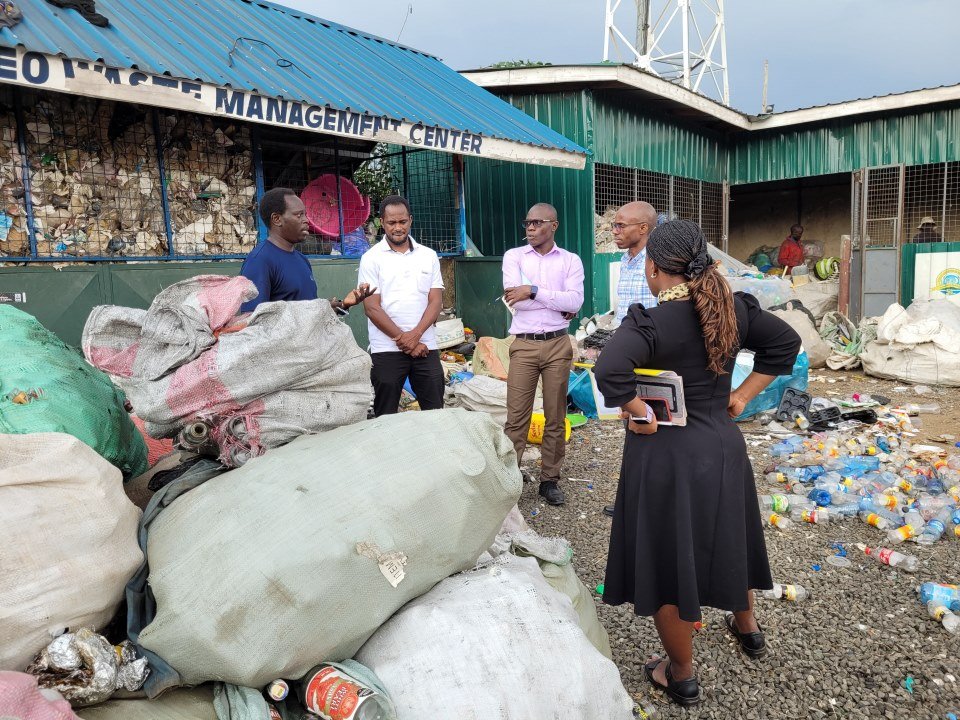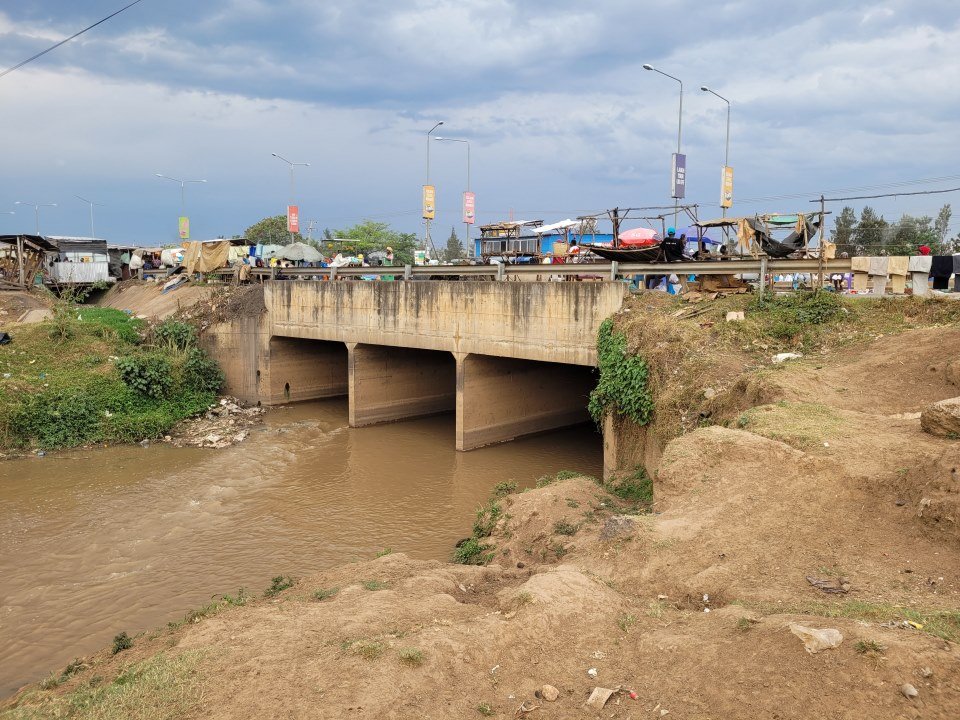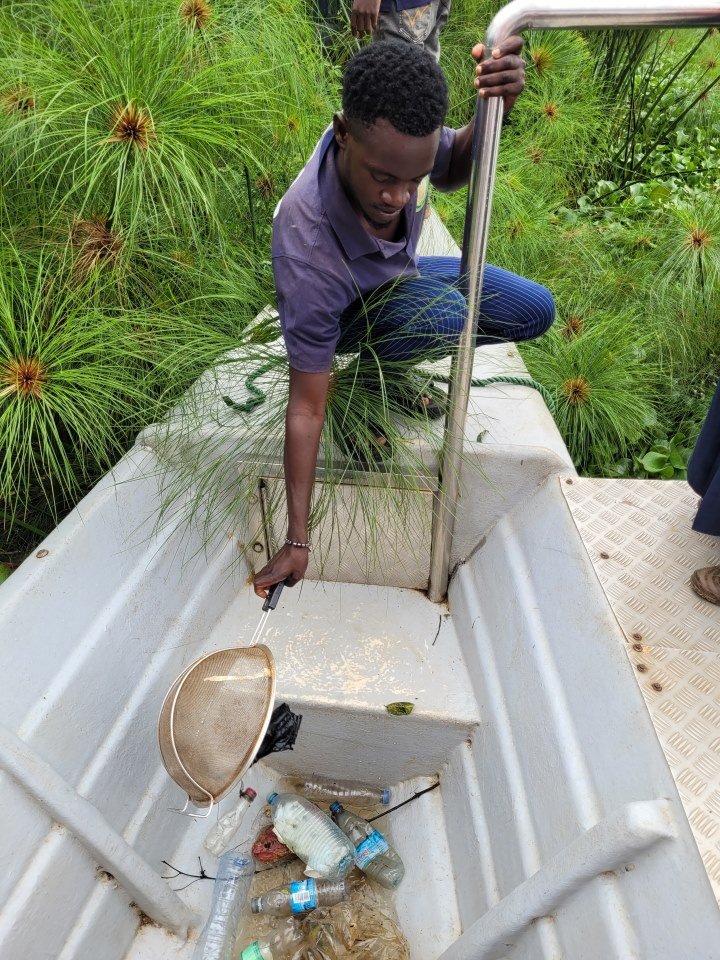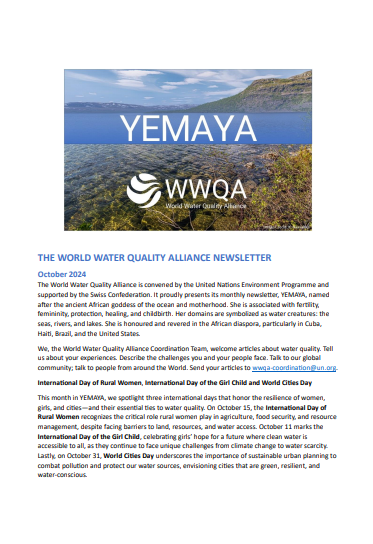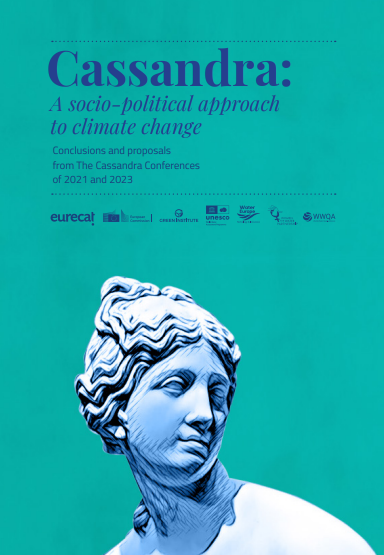In Somalia, climate change, land degradation, and socio-political challenges have converged to create a pressing need for sustainable solutions. The CASSANDRA Local Climate Forum, in collaboration with the Global Solutions Initiative (GSI), is actively addressing these challenges by promoting innovative land restoration techniques, supporting community resilience, and advancing gender equality. This blog post highlights key insights from CASSANDRA's work in Somalia, focusing on its efforts to build a more resilient and inclusive future.
Restoring Land, Livelihoods, and Hope
Somalia, particularly the Somaliland region, faces the adverse effects of climate change, including droughts, land degradation, and food scarcity. The GSI has been implementing Farmer-Managed Natural Regeneration (FMNR) techniques to help local communities restore degraded land and improve agricultural productivity. This method has proven effective in boosting food security and reducing poverty by regenerating natural vegetation and improving soil fertility.
The focus on drought-resistant tree species like Acacia and Commiphora plays a critical role in combating desertification while enhancing biodiversity. Additionally, these trees provide valuable products such as Gum Arabic and myrrh, contributing to local economies and creating a sustainable foundation for long-term resilience.
Tackling Health and Migration Challenges
Climate change has significantly impacted public health in Somalia, contributing to rising temperatures, malnutrition, and waterborne diseases. By restoring land and improving water management, GSI indirectly addresses health issues by enhancing food security and reducing respiratory health risks through increased vegetation cover.
In addition, migration is a key challenge in Somalia, as droughts and land degradation force many communities to move in search of food and water. CASSANDRA’s initiatives focus on stabilizing communities by making agricultural areas more productive and sustainable, reducing the need for climate-induced migration. These efforts are crucial in ensuring that local populations can remain in their communities and continue to thrive despite environmental challenges.
Empowering Women and Advancing Gender Equality
Climate change disproportionately affects women in Somalia, who are often responsible for securing essential resources like food, water, and fuel. GSI and CASSANDRA’s initiatives emphasize the importance of involving women in land restoration efforts and decision-making processes. By integrating women into climate adaptation strategies, these initiatives empower them economically and socially, fostering stronger, more resilient communities.
Gender-inclusive approaches to land restoration have proven to yield more sustainable outcomes, strengthening the livelihoods of women while ensuring their active participation in environmental conservation efforts. This alignment with gender equality goals ensures that women’s voices are central to the fight against climate change in Somalia.
Innovative Technologies and Community Capacity Building
In addition to traditional land restoration techniques, CASSANDRA and GSI have introduced technological innovations such as solar-powered water pumps and soil moisture sensors. These tools are essential in optimizing water management, especially in drought-prone areas, ensuring that restoration efforts are both modern and effective.
Furthermore, GSI focuses on capacity building, ensuring that communities have the skills and knowledge to manage their land and natural resources sustainably. This approach ensures long-term self-reliance, helping local populations face environmental challenges with confidence and resilience.
Local Climate Forums: Engaging Communities in Climate Solutions
CASSANDRA’s Local Climate Forums in Somalia are designed to bring together community leaders, local populations, and external stakeholders to address climate-related challenges. By fostering dialogue and cooperation, these forums create a platform for local voices to be heard and for collaborative solutions to emerge.
In towns like Hobyo, Baidoa, and Mogadishu, where socio-political challenges intertwine with environmental issues, CASSANDRA’s forums serve as vital spaces for community engagement. Whether addressing resource competition, security concerns, or migration patterns, these forums enable local communities to take ownership of their environmental futures.
Get Involved with CASSANDRA
CASSANDRA invites all interested stakeholders—government agencies, NGOs, research entities, and concerned individuals—to participate in the Local Climate Forums or join the broader effort to monitor and address climate challenges in Somalia.
To learn more about CASSANDRA’s work or participate in their upcoming forums, visit their website or explore their YouTube channel. You can also view their reports, including the CASSANDRA 2023 Conclusions Report, here.
Conclusion
CASSANDRA and GSI’s work in Somalia demonstrates how land restoration, climate adaptation, and community empowerment can create lasting change. By addressing health, migration, and gender equality alongside environmental challenges, these initiatives offer hope for a more resilient and inclusive future for Somali communities facing the harsh realities of climate change.
Through community engagement, capacity building, and innovative solutions, CASSANDRA is leading the way in creating sustainable futures in even the most vulnerable regions. If you are passionate about climate action and community-driven initiatives, join CASSANDRA in their mission to create resilient, empowered communities in Somalia and beyond.


